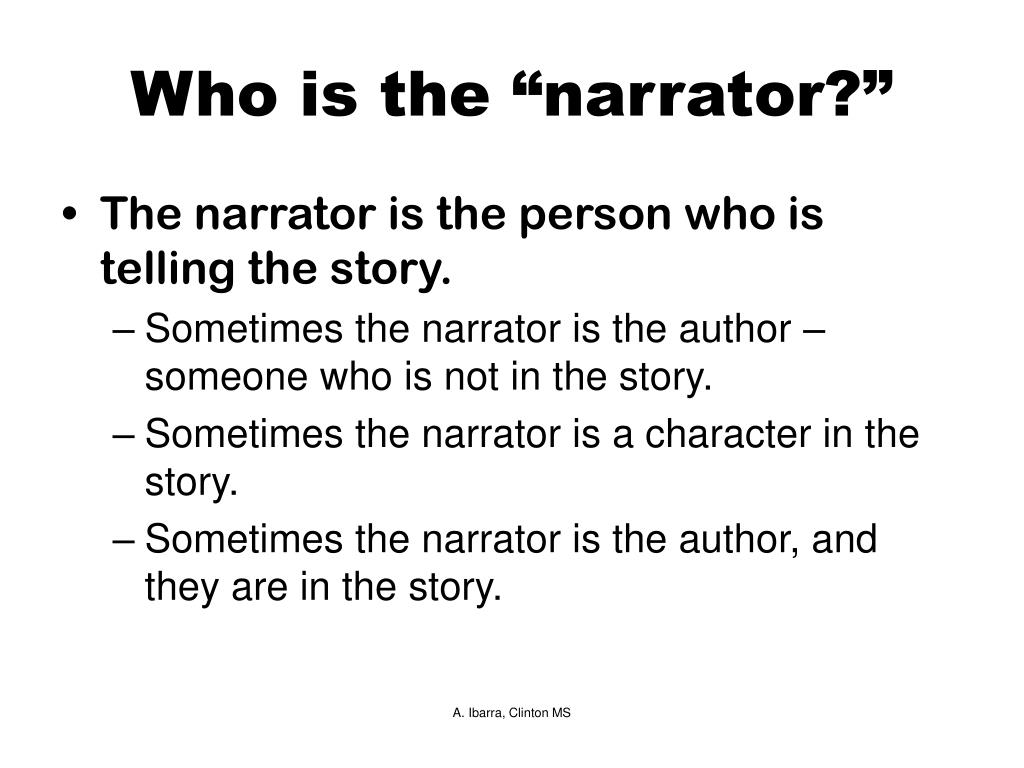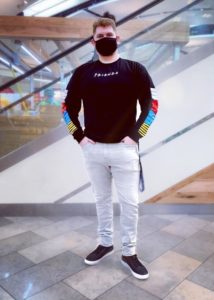

> NARRATOR: As Taylor's army in masquerade wound its way towards the plantation, Elizabeth Blunt, the BBC's correspondent for West Africa, made a trip to Firestone to find out if the managers were concerned.Ī couple of other journalists and myself, we went off to Firestone, and it was beautiful. > These young fighters wearing fright wigs and, you know, shower caps and women's dresses and bathrobes and shooting wildly and wearing juju, you know, the talismans of Liberian witchcraft. They were in, like, casual clothes, you know, wearing wigs on their head, having some white chalks on their body, claiming it was some protection against bullets. (gunfire) > You would have rebels advancing with their AKs held above their heads, just firing randomly down the road. > NARRATOR: Newly trained, Taylor launched his offensive from the north with a small, ragtag army with little to no combat experience. > Libya we knew at the time was a very pro-revolutionary country under Qaddafi.Īnd they were training Africans to be guerrilla fighters, and we had all sorts of intelligence informing us about that.Īnd so Taylor and other Liberians whom he could recruit went into training there. To pull together his guerrilla force, he had cozied up to several dictators in Africa, including Muammar Qaddafi. > NARRATOR: At the time of the uprising, Taylor was running from the law, accused of embezzling nearly one million dollars from the Liberian government. I knew he was a criminal, that he'd absconded with almost a million dollars, that he'd mysteriously escaped from jail in Massachusetts. > An evil, venal sociopath who was charming and glib. > All I want to do is to bring back some sanity, some fair play in the country. > He was very slick, you know, kind of used car salesman slick, and not particularly threatening or overbearing, but not the kind of person you'd buy a used car from. We must be able to bring back what we've, you know, what we've all wanted. > I have to honor these men, that we must be able to make a difference. > (chanting) > NARRATOR: The man behind the revolt was a little-known, American-educated, smooth-talking charmer: Charles Taylor. > If Doe opened Pandora's box just a little bit, Taylor, you know, ripped off the lid. > (chanting) > This is not a military coup. > Christmas Eve, 1989, when a man called Charles Taylor emerged in the northern jungle, declaring a revolution against Doe's regime.
#Frontline narrator cracked
Liberia's president, Samuel Doe, was losing his grip.ĭoe had cracked down, jailing opponents, eliminating rivals. > NARRATOR: But outside the plantation's perimeter, a rebellion was brewing.

> You really didn't feel any danger other than a few of the rogues who would either break into your house or try and steal your money when you're in town, shopping. > This is pure, filtered, boiled water from Africa. > NARRATOR: The two dozen expat managers who lived there along with their families were in their own world. The trees are all planted in a row and so forth.Īnd a lot of humidity, a lot of rainfall, about 140 inches or more a year.Īnd you can actually smell the what I would call must or decaying materials in the country, and it's something you get used to. > I don't think you ever realized how big it was, but yeah, my first impression was, "Hey, this is a beautiful forest. > NARRATOR: They helped run the largest rubber plantation in the world: a multimillion-dollar investment stretching over 220 square miles. We just expected to go right back to having our good life. > We'd been through several coups and nothing changed very much. > We were one of the largest, if not the largest, employer in Liberia, certainly paying taxes to the government, certainly providing a lot of employment for locals.Īnd we would hope that they would honor that and just leave us alone and let us continue to do what we were doing. I really kind of felt that we were above this war somehow, and that both sides wanted us there, so that they're gonna leave us alone. > I am Charles Bradford Pettit, and go by Brad. Its setting is a rubber plantation in Africa, owned and operated by the tire giant Firestone. It's a story about a small group of Americans and the choices they made many years ago.Ī story about the cost of operating in a volatile and remote country. > NARRATOR: This is a story about business and war. > In looking at these conflicts, it's always good to follow the money. > I have not seen this, and it's kind of amazing.

> Frontline and ProPublica investigate the deal. > Firestone, they did not pay off warlords or give money under the table. > They were prepared to do Taylor's bidding. > The untold story of what happened in Liberia 25 years ago. > Whoever was going to run Liberia needed Firestone. Tonight on Frontline, an iconic American company.


 0 kommentar(er)
0 kommentar(er)
